Sick Sinus Syndrome Hereditary
Sick sinus syndrome hereditary. There are a few points. They wouldnt appear late in life as in your father. Sick sinus syndrome is a rare cardiac rhythm disease usually of the elderly characterized by electrocardiographic findings of sinus bradycardia atrial fibrillation atrial tachycardia sinus arrest or sino-atrial block and that manifest with symptoms like syncope dizziness palpitations fatigue or even heart failure.
A number sign is used with this entry because of evidence that congenital sick sinus syndrome-1 SSS1 is caused by compound heterozygous mutation in the SCN5A gene 600163 on chromosome 3p22. There are forms of congenitalhereditary sick sinus syndrome. The aim of this study was to use human genetics to investigate the pathogenesis of sick sinus syndrome SSS and the role of risk factors in its development.
A better understanding of the genetic and molecular makeup of the sinoatrial node has led to improved understanding of its function as primary cardiac pacemaker and the abnormalities that may lead to sick sinus syndrome a common clinical problem. 614090 is influenced by variation in the MYH6 gene 160710. Autosomal dominant inheritance means that one copy of the altered gene in each cell is sufficient to cause the disorder.
They are described as sporadic which means they occur in people with no history of the disorder in their family. Sick sinus syndrome SSS is a complex cardiac arrhythmia and the leading indication for permanent pacemaker implantation worldwide. 163800 is caused by mutation in the HCN4 gene 605206.
Genetic evaluation demonstrated high hereditary predisposition to the syndrome asit developed in 60 out of 309 194 relatives of the patients the inheritance being autosomal dominant and in part sex-limited. Sick sinus syndrome SSS is a disease in which the hearts natural pacemaker located in the upper right heart chamber right atrium becomes damaged and is no. When sick sinus syndrome results from mutations in the HCN4 gene it has an autosomal dominant pattern of inheritance.
These tend to occur early in life and are often associated with other congenital anomalies. 1 It is characterized by pathological sinus bradycardia sinoatrial block or alternating atrial brady- and tachyarrhythmias. Females predominated among the disease-affected relatives and among those whose relatives had the syndrome.
Susceptibility to sick sinus syndrome SSS3. Recently genetic studies have begun to identify the molecular underpinnings of sick sinus syndrome.
A number sign is used with this entry because of evidence that congenital sick sinus syndrome-1 SSS1 is caused by compound heterozygous mutation in the SCN5A gene 600163 on chromosome 3p22.
Autosomal dominant inheritance means that one copy of the altered gene in each cell is sufficient to cause the disorder. There are forms of congenitalhereditary sick sinus syndrome. Autosomal dominant inheritance means that one copy of the altered gene in each cell is sufficient to cause the disorder. Recently genetic studies have begun to identify the molecular underpinnings of sick sinus syndrome. Genetic evaluation demonstrated high hereditary predisposition to the syndrome asit developed in 60 out of 309 194 relatives of the patients the inheritance being autosomal dominant and in part sex-limited. Sick sinus syndrome is a rare cardiac rhythm disease usually of the elderly characterized by electrocardiographic findings of sinus bradycardia atrial fibrillation atrial tachycardia sinus arrest or sino-atrial block and that manifest with symptoms like syncope dizziness palpitations fatigue or even heart failure. They are described as sporadic which means they occur in people with no history of the disorder in their family. When sick sinus syndrome results from mutations in the HCN4 gene it has an autosomal dominant pattern of inheritance. Females predominated among the disease-affected relatives and among those whose relatives had the syndrome.
1 It is characterized by pathological sinus bradycardia sinoatrial block or alternating atrial brady- and tachyarrhythmias. 1 Furthermore it is often associated with atrial fibrillation AF. These tend to occur early in life and are often associated with other congenital anomalies. Sick sinus syndrome was once thought to be an acquired condition but has been shown to occur in families. Sick sinus syndrome is a rare cardiac rhythm disease usually of the elderly characterized by electrocardiographic findings of sinus bradycardia atrial fibrillation atrial tachycardia sinus arrest or sino-atrial block and that manifest with symptoms like syncope dizziness palpitations fatigue or even heart failure. The known factors involved in sick sinus syndrome include. The aim of this study was to use human genetics to investigate the pathogenesis of sick sinus syndrome SSS and the role of risk factors in its development.


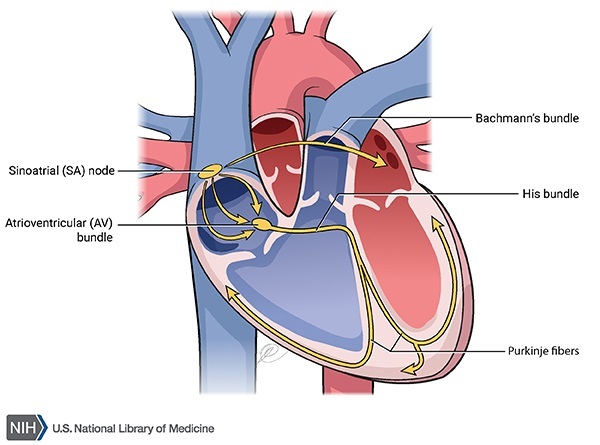




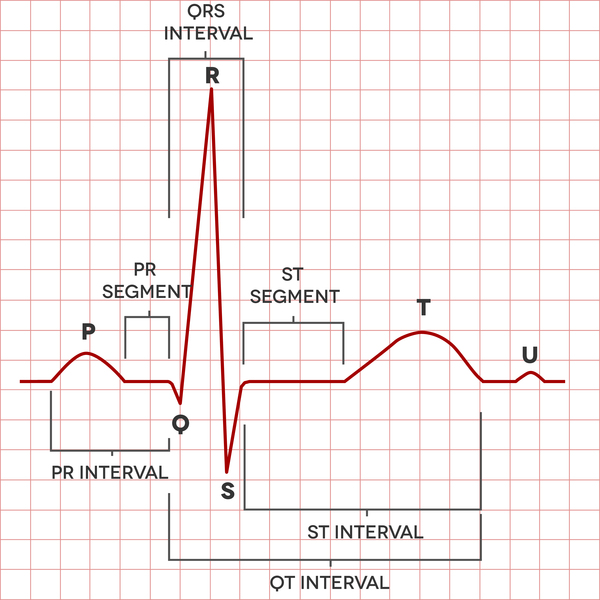

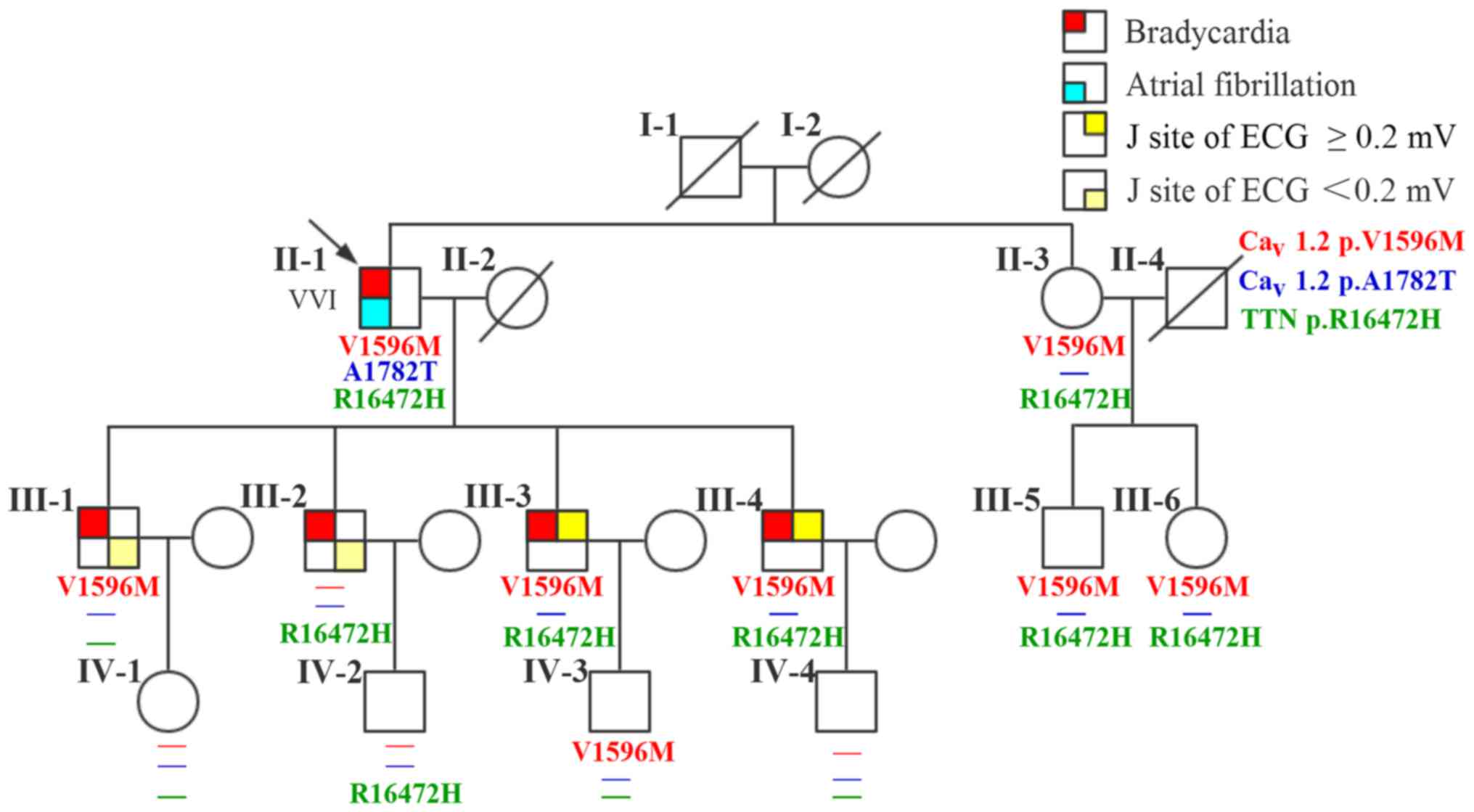



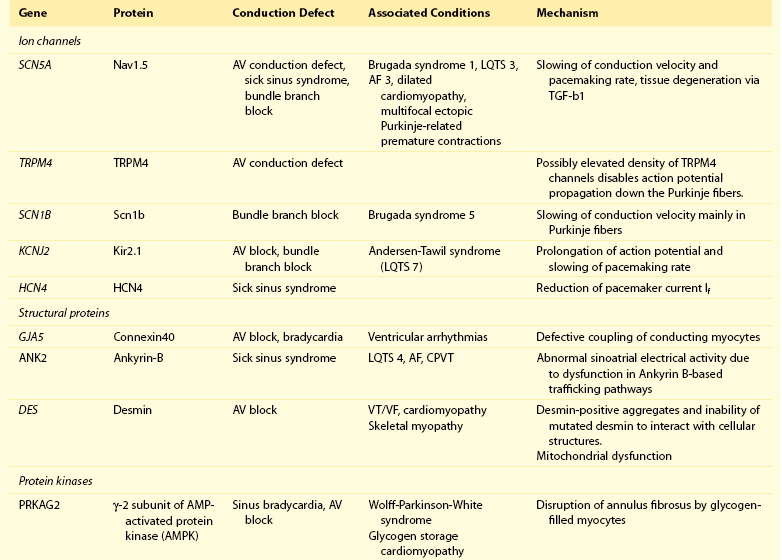



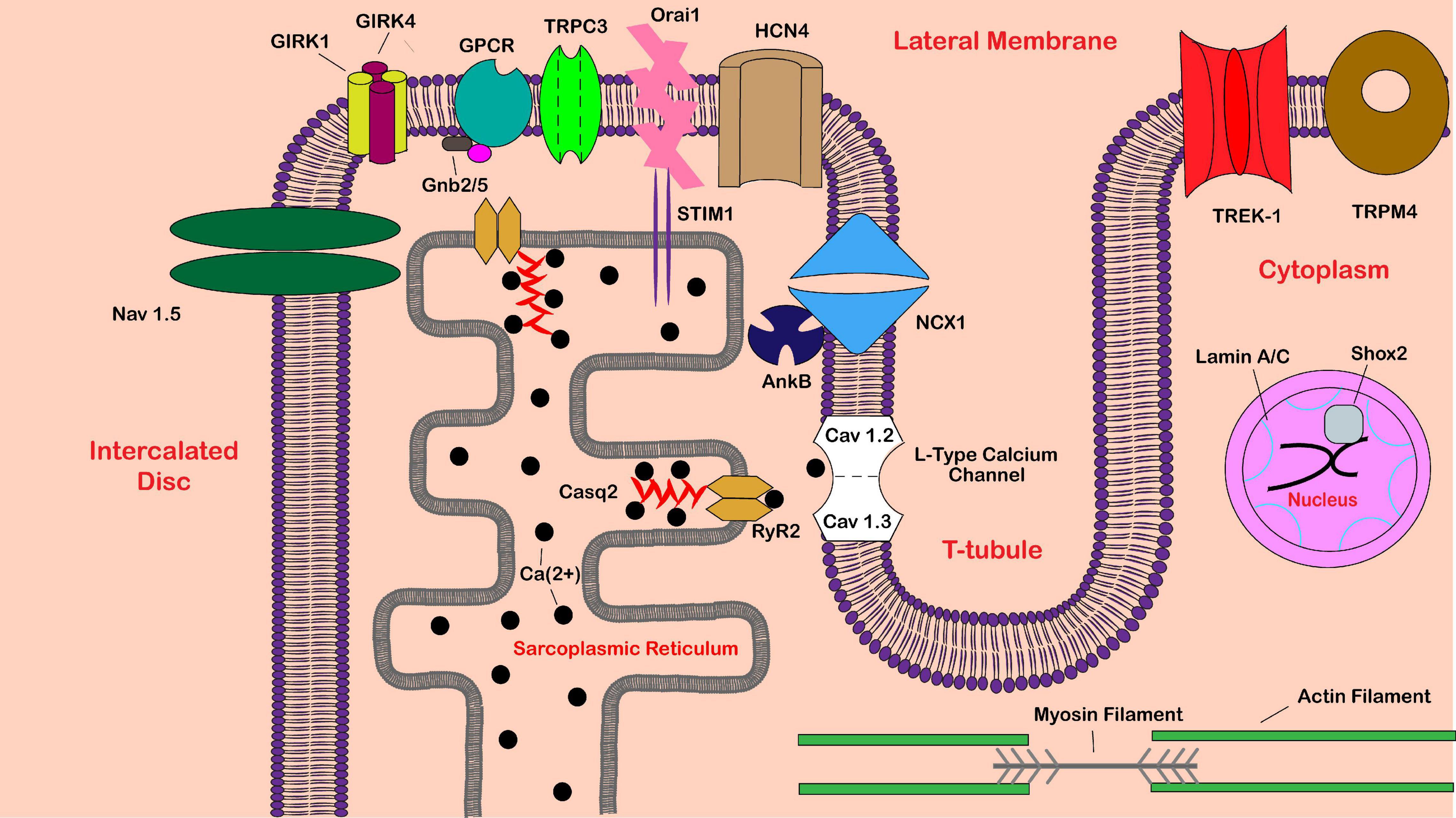
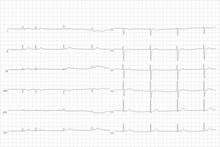
/sinus-bradycardia-1746253-01-912dc3d6234044d6a2fe921327efb28d.png)

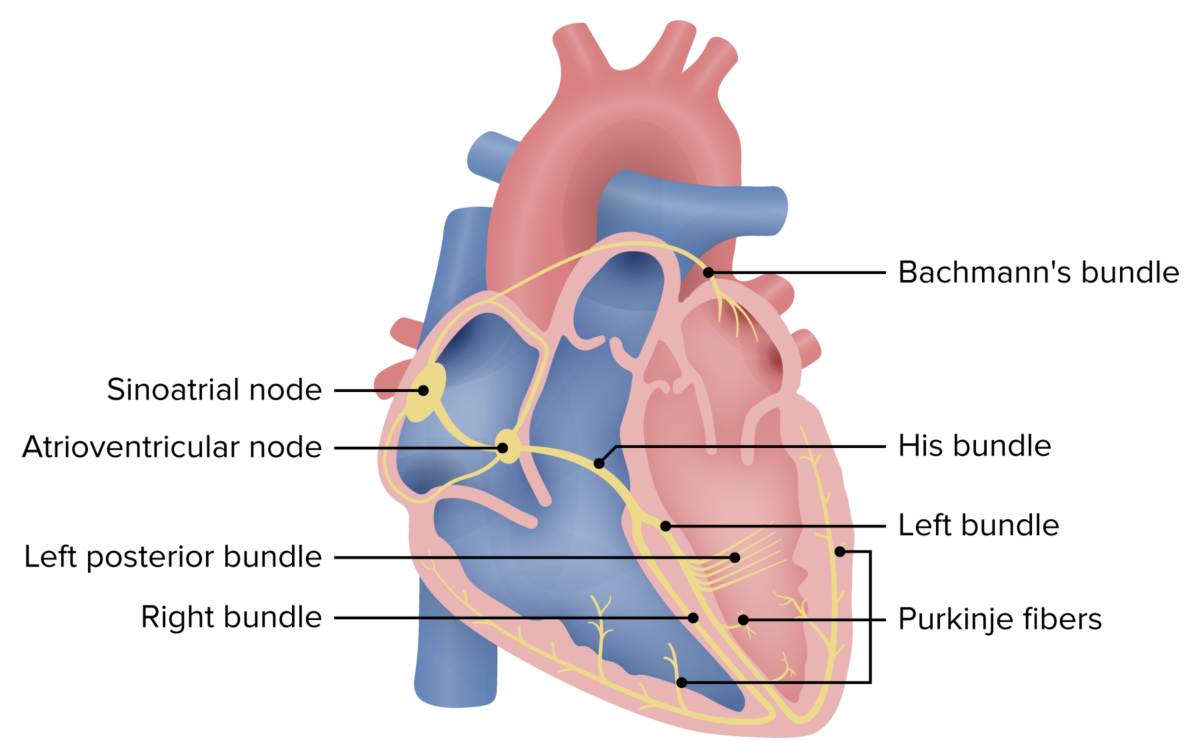
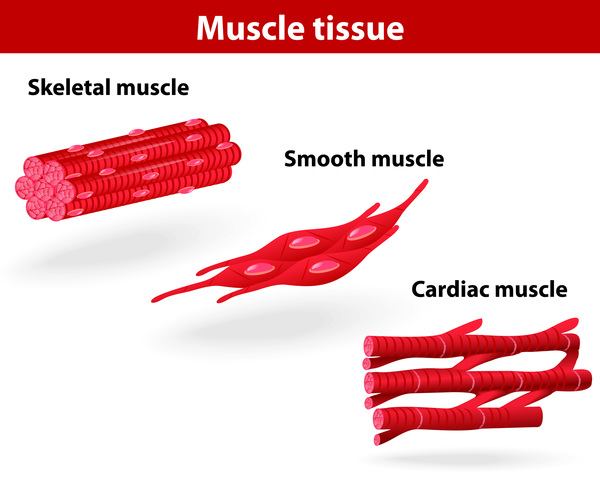
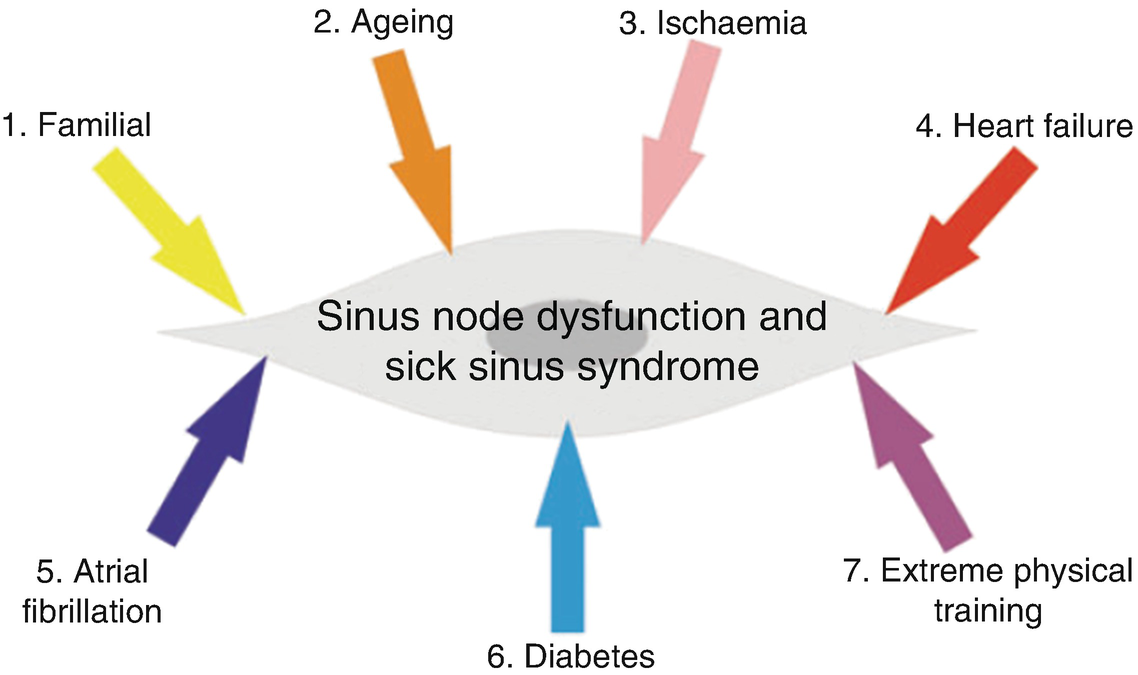

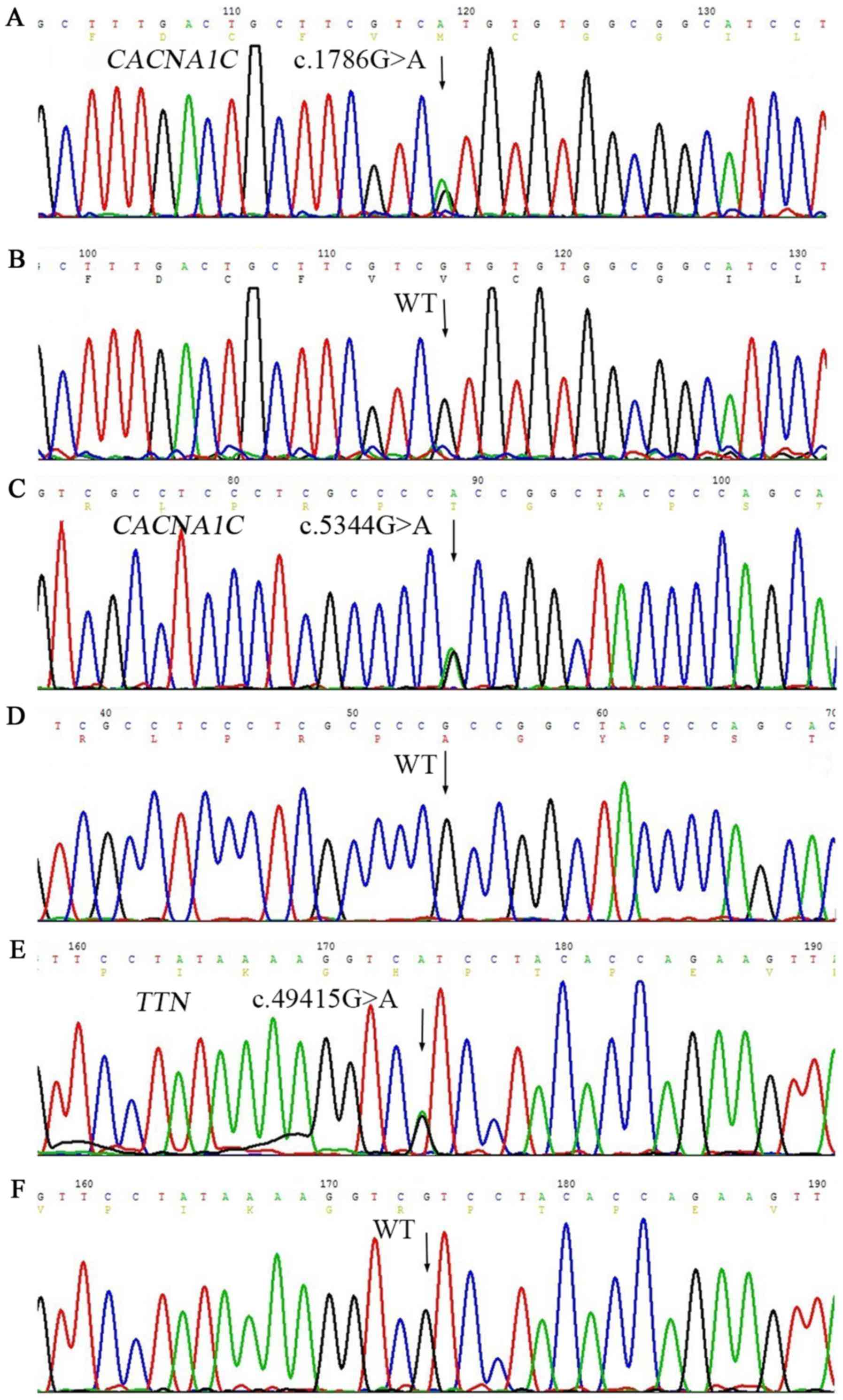








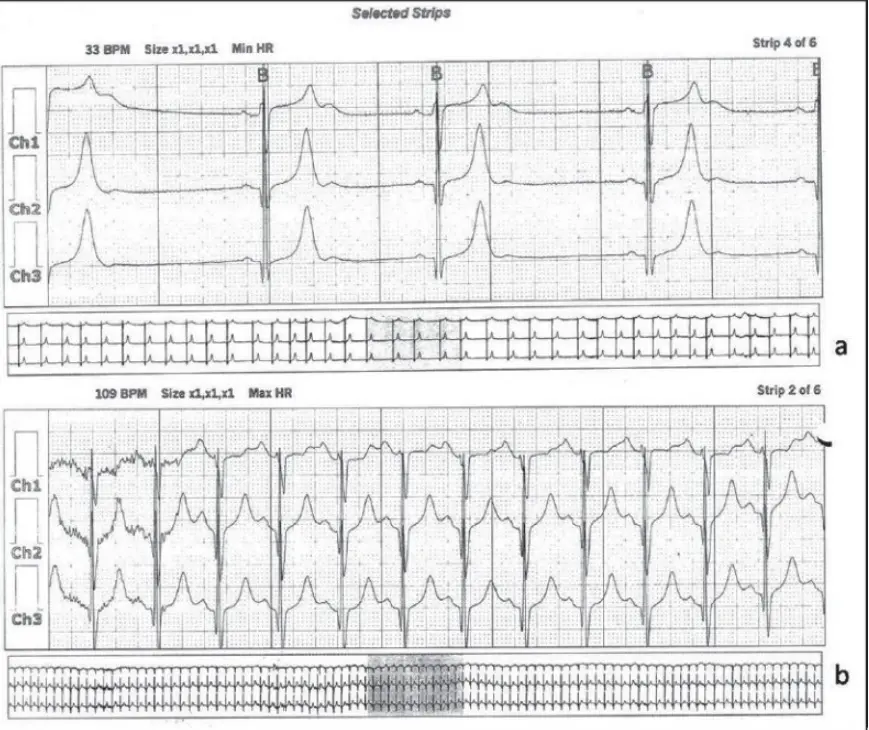
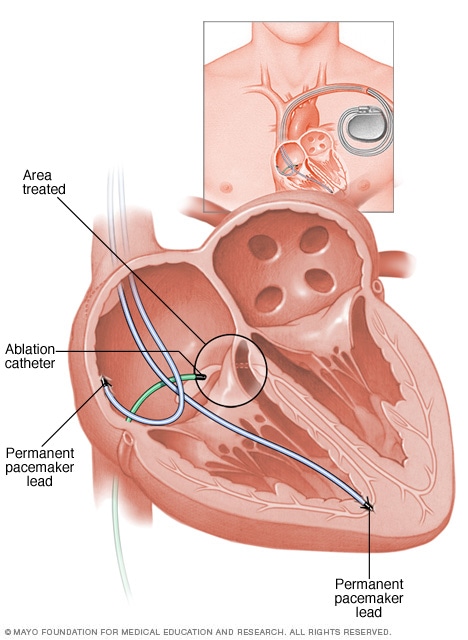
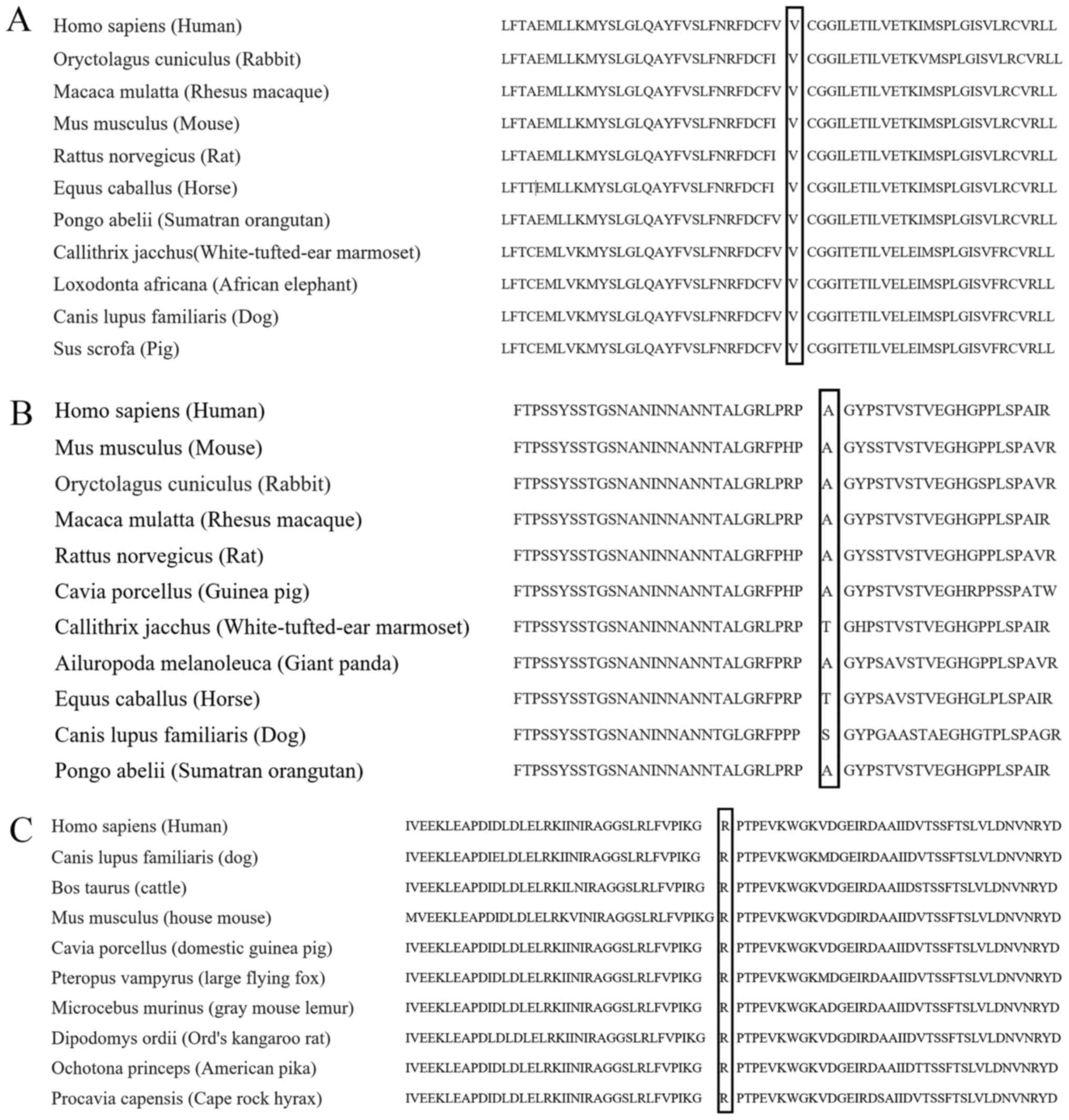





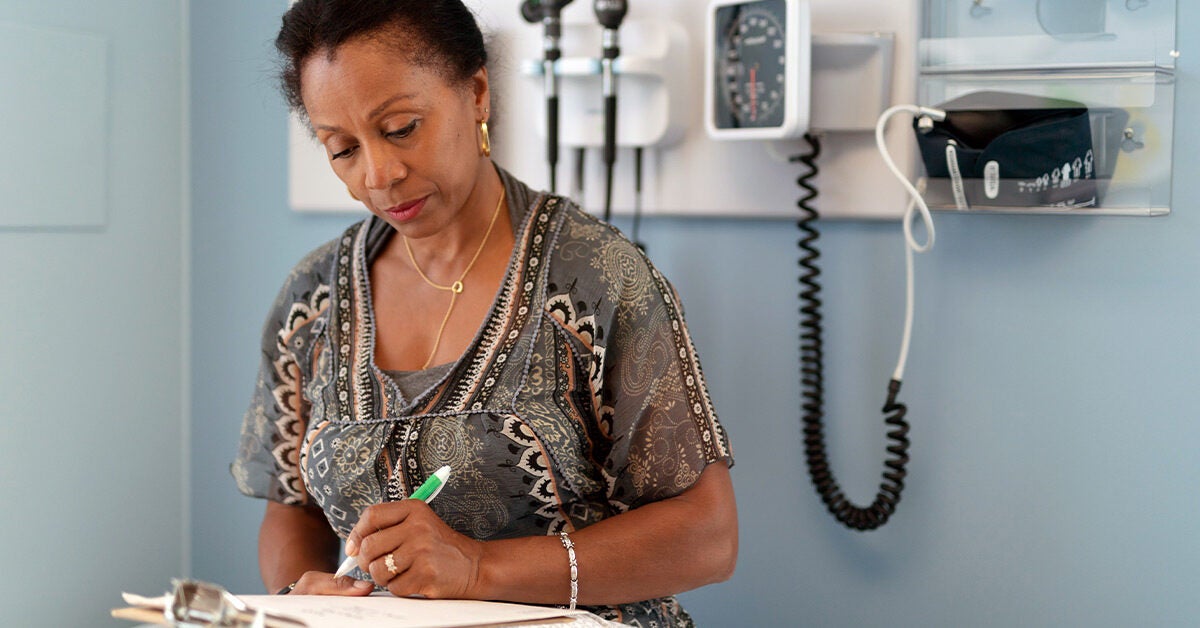

Posting Komentar untuk "Sick Sinus Syndrome Hereditary"